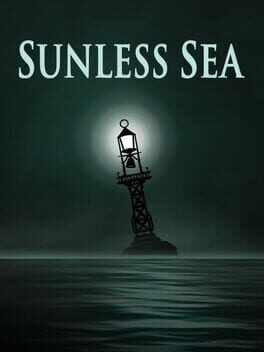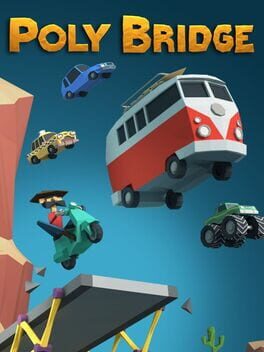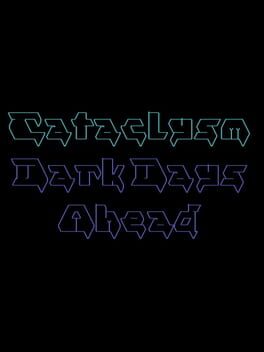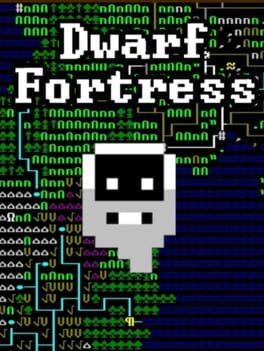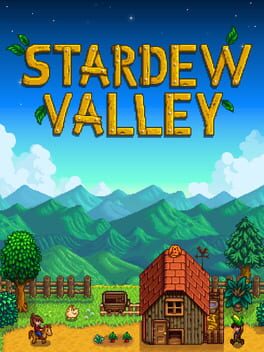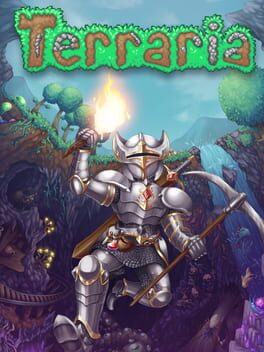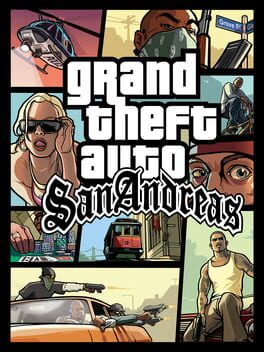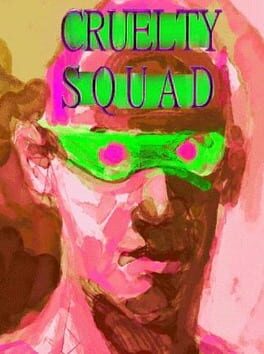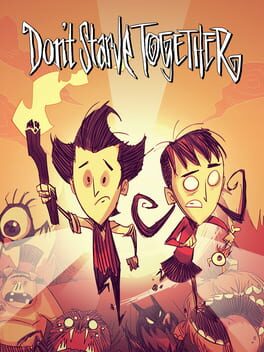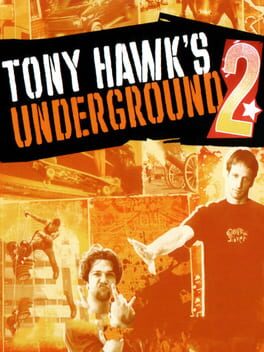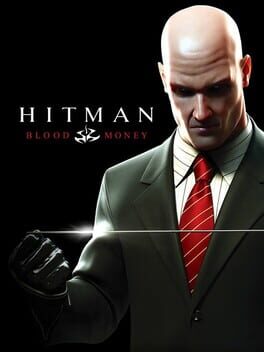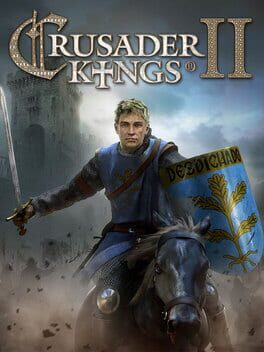Spectre_ship
2015
There are a lot of critiques to make of Sunless Sea. The game is wholly unsuited to being a roguelike. It is dreadfully slow, both in terms of movement speed and how fast the game advances (standard trading routes make barely any money,) and the main gameplay reward for completing quests is getting to read the prose and advance the story. Thus a “run” is potentially upwards of 20 hours long, and restarting mostly just means beginning all the side quests from scratch, relocating places you’ve already been to, and skimming pages and pages of text that you’ve already read. In theory, the spectre of permadeath looming over your runs makes every penny you earn feel hard-won, but in practice starting a fresh game is just an absolute slog, so I think it’s best practice to turn permadeath off either the instant you start playing, or once you’ve familiarized yourself with the map and the basic gameplay (There is something to be said for the initial new-player experience of dreading losing your stuff before you actually accrue anything to lose.)
But! I nevertheless think Sunless Sea is an extremely recommendable game. The writing—the story, and the setting, which in some ways is itself the story—is fantastic. Sunless Sea is well written in the way that a book is well written, when I think a great many “well written” video games, including many near and dear to my heart, are well written in the sense that a good manga scanlation is well written. It’s wry and funny without losing its sense of gravitas; it’s fond of inventive, evocative metaphors and maintains a brisk economy of style. The game does not waste your time with dialogue options along the lines of “What’s a Snuffer?” “Who’s the Traitor Empress?”; the prose will mention new concepts and places—the Masters of the Bazaar, prisoner’s honey, Parabola, Unfinished Men—like you already know what they are, and force you to make decisions based on that, until you learn by doing, a sort of language immersion course for the narrative. It’s incredibly compelling.
The presentation is a little ramshackle at times; some of the older Fallen London art assets are truly very silly-looking, and the menu icons have such a mixture of styles and subject matter that the user interface has something of the appearance of a ransom letter; but I think that it crucially has a lot of heart to it. There’s also a lot of evocative artwork that I really like: the Visions of the Surface icon, the character portrait of the Dark-Spectacled Admiral, the picture of a ship used for the “Time, the Healer” quality. I like the big eye easter egg, the design of the ports and islands. Most of all I adore the soundtrack, the music that plays upon returning to London, the theme of the Iron Republic and Aestival, the song that plays when you travel to the Surface. A critical part of what makes Sunless Sea so enchanting is the game’s ability to cultivate an atmosphere, and the music is central to that.
The first four drafts of this review were consigned to the flames because I couldn’t stop myself from complaining about it, when I intended for the review to be positive. Sunless Sea is like that: deeply frustrating, but infinitely fascinating. I have since played most of the other Failbetter games and at this point I’m pretty firmly a dyed-in-the-wool Fallen London fan. I like Sunless Sea so much that I wish the game could have a second pass taken at it, to iron out its many oddities and imperfections.* That will probably never happen, and it shall remain a very flawed gem; but a flawed gem still glints when held up to the false-stars.
* In theory, that is what Sunless Skies is. But Sunless Skies—and this is absolutely crucial—is not about being a sea captain.
But! I nevertheless think Sunless Sea is an extremely recommendable game. The writing—the story, and the setting, which in some ways is itself the story—is fantastic. Sunless Sea is well written in the way that a book is well written, when I think a great many “well written” video games, including many near and dear to my heart, are well written in the sense that a good manga scanlation is well written. It’s wry and funny without losing its sense of gravitas; it’s fond of inventive, evocative metaphors and maintains a brisk economy of style. The game does not waste your time with dialogue options along the lines of “What’s a Snuffer?” “Who’s the Traitor Empress?”; the prose will mention new concepts and places—the Masters of the Bazaar, prisoner’s honey, Parabola, Unfinished Men—like you already know what they are, and force you to make decisions based on that, until you learn by doing, a sort of language immersion course for the narrative. It’s incredibly compelling.
The presentation is a little ramshackle at times; some of the older Fallen London art assets are truly very silly-looking, and the menu icons have such a mixture of styles and subject matter that the user interface has something of the appearance of a ransom letter; but I think that it crucially has a lot of heart to it. There’s also a lot of evocative artwork that I really like: the Visions of the Surface icon, the character portrait of the Dark-Spectacled Admiral, the picture of a ship used for the “Time, the Healer” quality. I like the big eye easter egg, the design of the ports and islands. Most of all I adore the soundtrack, the music that plays upon returning to London, the theme of the Iron Republic and Aestival, the song that plays when you travel to the Surface. A critical part of what makes Sunless Sea so enchanting is the game’s ability to cultivate an atmosphere, and the music is central to that.
The first four drafts of this review were consigned to the flames because I couldn’t stop myself from complaining about it, when I intended for the review to be positive. Sunless Sea is like that: deeply frustrating, but infinitely fascinating. I have since played most of the other Failbetter games and at this point I’m pretty firmly a dyed-in-the-wool Fallen London fan. I like Sunless Sea so much that I wish the game could have a second pass taken at it, to iron out its many oddities and imperfections.* That will probably never happen, and it shall remain a very flawed gem; but a flawed gem still glints when held up to the false-stars.
* In theory, that is what Sunless Skies is. But Sunless Skies—and this is absolutely crucial—is not about being a sea captain.
2016
I don't really know what to make of Cataclysm, which I've been playing off and on for something like seven or eight years at this point. It's engrossing and elaborate and fascinating to play, but it's also a horrendous slog full of pointless cruft, and it's cursed with a chaotic development process that I think will preclude the game ever really zeroing in on what I think is good about it.
My hottest take is that I don't think Cataclysm is a roguelike. Cata comes from that weird period, around the time FTL came out, when renewed interest in the genre led to people playing around with the boundaries and definitions of it, and I think that while at the time "roguelike" was a fair classification, the boundaries of the genre have (in my own opinion, anyway) pretty solidly coalesced around games with a distinct "run" that I think Cata lacks. It has progression, obviously, but lacking a final boss or any sort of definitive endgame scenario, it's never really aimed at anything, and as a result the only itch I ever really find it scratches is that of a more chaotic and wacky UnReal World with more inventory management.
My hottest take is that I don't think Cataclysm is a roguelike. Cata comes from that weird period, around the time FTL came out, when renewed interest in the genre led to people playing around with the boundaries and definitions of it, and I think that while at the time "roguelike" was a fair classification, the boundaries of the genre have (in my own opinion, anyway) pretty solidly coalesced around games with a distinct "run" that I think Cata lacks. It has progression, obviously, but lacking a final boss or any sort of definitive endgame scenario, it's never really aimed at anything, and as a result the only itch I ever really find it scratches is that of a more chaotic and wacky UnReal World with more inventory management.
2006
2011
2016
2011
2021
The late-era Flanders to THUG1's golden era Flanders. Takes basically everything from the first game--the tight, concise level design, the particular brand of early 2000s slapstick humor, the broader mechanical changes--and overdoes it. I would argue that although the 'original sin' of the franchise's late-aughts decline could be traced back as far as 3 or 4 if you want to be really nitpicky, this is where they really started to lose track of things.
2006
2012
I have thoughts on Crusader Kings II much too complicated to put down in a Backloggd review. Though I have more hours on it than any other Paradox game, it's not my favorite, and I think there are some things it could stand to do better (among other things this is where Paradox's atrocious DLC policy really metastasized.) All things considered, though, it's a really fun game.
2016
